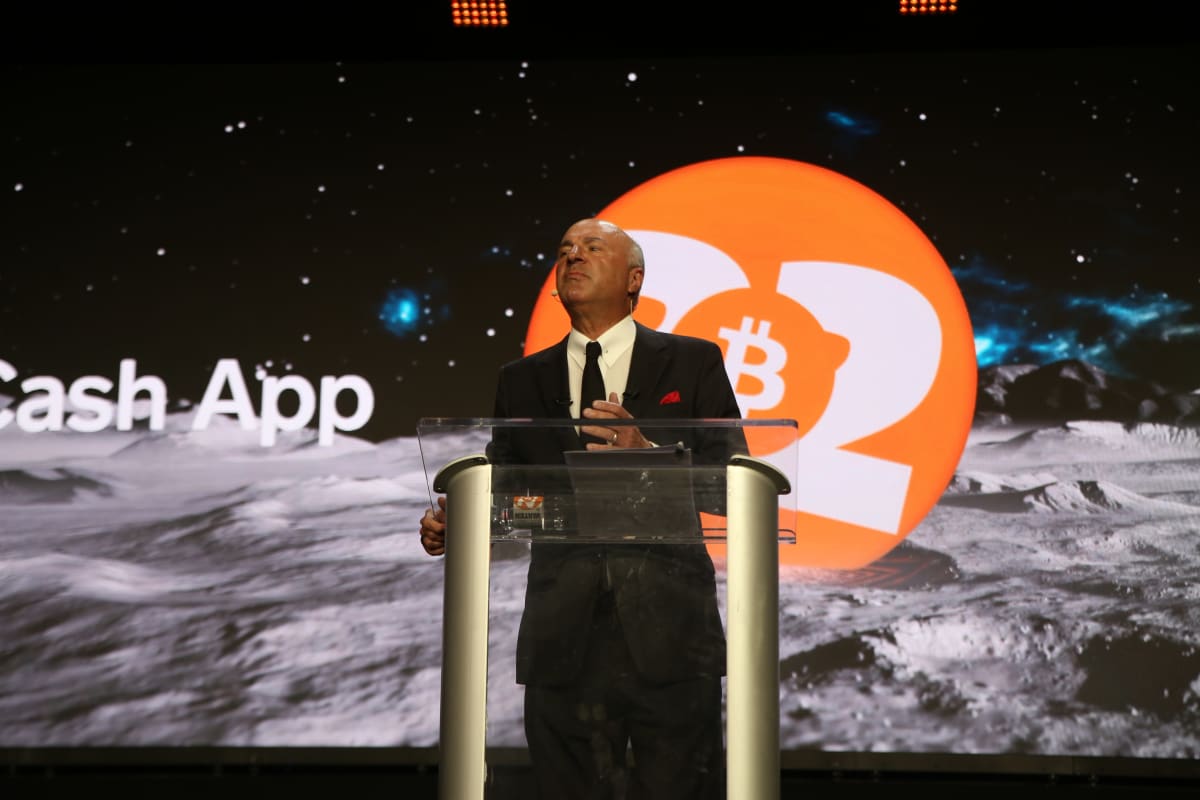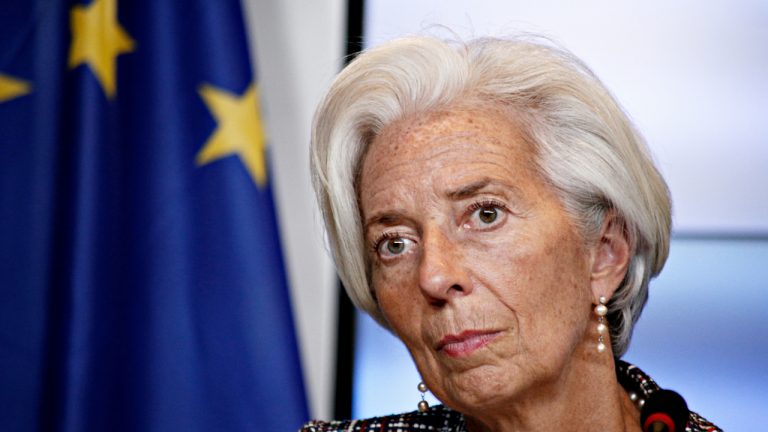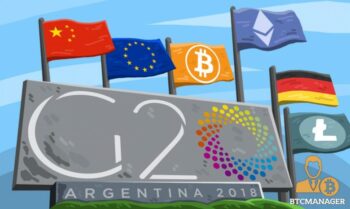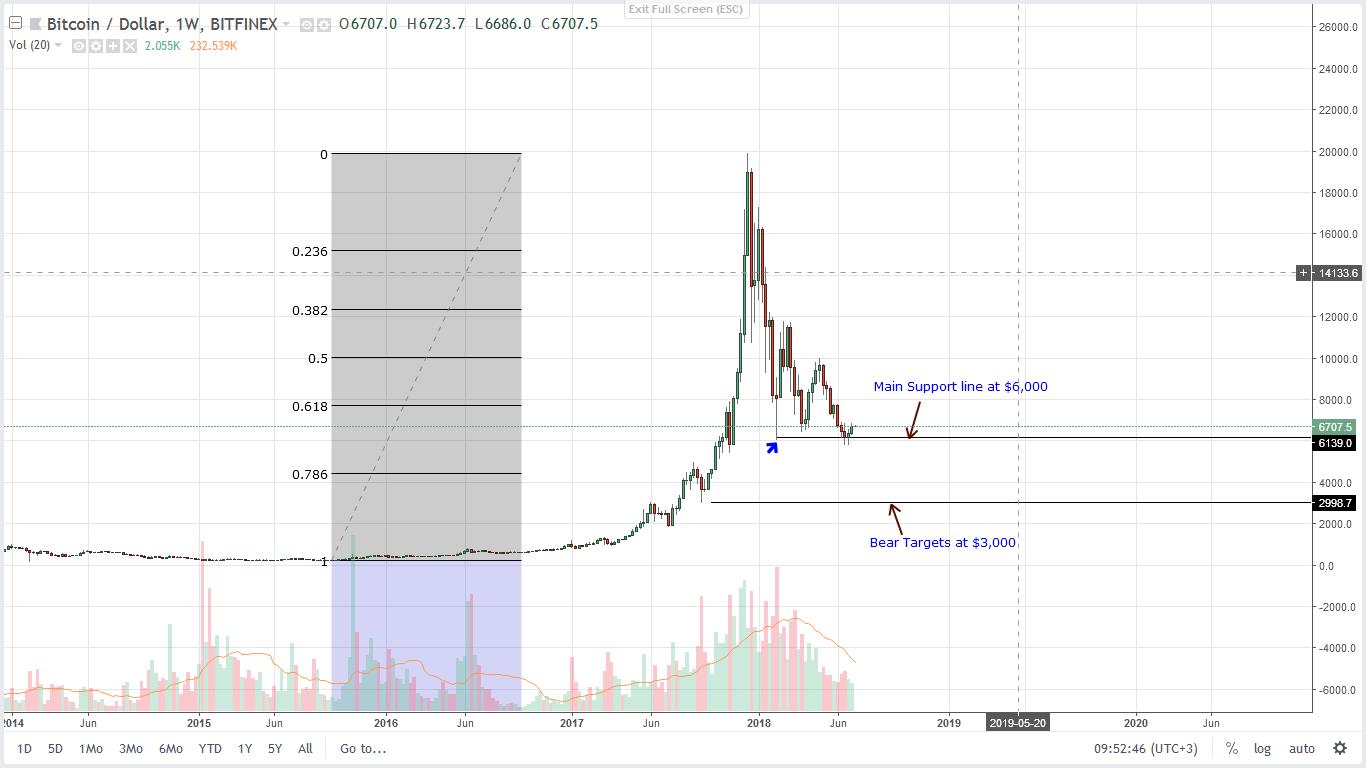2023-3-23 15:00 |
CFTC Commissioner Summer Mersigner discusses the inevitability of innovation and clears up the agency’s role in bitcoin regulation.
In light of recent events, many in the Bitcoin community are looking for regulatory clarity now more than ever. Questions such as “who should regulate Bitcoin?” and “will the U.S. allow Bitcoin innovation or pursue a central bank digital currency (CBDC)?” are at the top of the list.
To learn more about the regulatory landscape for Bitcoin-focused businesses, I sat down with Summer Mersinger, the commissioner for the Commodity Futures Trading Commission (CFTC), to get her thoughts on these issues and more. To further understand her perspective, we started with a brief background that explored her personal interest in Bitcoin. This is vital to the conversation because before commissioners can contribute meaningful policy to the Bitcoin space, Bitcoin must be understood.
Mersinger has been serving at the CFTC since 2022 after being appointed by President Biden and confirmed by the U.S. Senate. She received her bachelor’s degree from the University of Minnesota and later earned a law degree from the Columbus School of Law in Washington, DC. Since that time, she has spent over 20 years on Capitol Hill in a variety of positions. These range from working as an aide to South Dakota Senator John Thune, to advocating for financial technology organizations as a senior vice president at lobbying firm Smith-Free Group.
When she is off the clock, Mersinger spends time with her husband and four children; two teenage daughters and two elementary-aged sons. She describes herself as a huge animal lover, which stems from being raised on a farm. She said that she was always surrounded by animals, and it’s a habit she continues to this day.
Below are her thoughts regarding a variety of topics surrounding Bitcoin.
How did you first learn about Bitcoin and what specifically drew you to it?
Although I cannot recall the exact timing of when I first learned about Bitcoin, I can say that what drew me to it was the technology involved.
The CFTC, where I serve, regulates trading in derivatives products that are used for price discovery and risk management purposes. The CFTC is a technology-neutral regulator, which means, in practice, we do not view any one technology as better than any other technology. And admittedly, as regulators, we are sometimes skeptical of the new and unknown.
But a big part of our job is to make sure that all existing and emerging technologies can compete on a level playing field. Our governing statute, the Commodity Exchange Act, specifically identifies one of its purposes as being to promote responsible innovation and fair competition. In light of the opportunities that innovative and groundbreaking blockchain technology presents for the derivatives markets we regulate, my focus is on assuring that we at the CFTC take that mission seriously.
Why do you think it is important that Bitcoin is regulated by the CFTC as a commodity?
This is one of my favorite questions to answer because it provides an opportunity to clear up a common misconception.
The CFTC is a market regulator of commodity futures (along with other types of derivatives), not of the commodities themselves. I often use the example of the cattle markets to explain the significance of this distinction. The CFTC has regulatory oversight with respect to cattle futures contracts traded on our registered exchanges to provide price discovery and hedging opportunities regarding cattle in the U.S. We are knowledgeable and well equipped to oversee the cattle futures markets.
However, we are not knowledgeable or well-equipped to oversee cattle as a commodity. Cattle auction houses and livestock stockyards are best left to the experts at the U.S. Department of Agriculture.
Understanding the distinction between the commodity futures markets and the underlying commodity market is critical to understanding the current regulatory environment for digital assets, such as bitcoin. As it stands now, like all other commodities, the CFTC regulates the trading of bitcoin futures contracts. But the CFTC does not regulate bitcoin itself or the bitcoin spot markets, which are akin to the cattle auction houses and livestock stockyards in my cattle example. Unlike in my cattle example, there is currently no federal regulator of bitcoin or bitcoin spot markets.
It is true that the CFTC does currently have enforcement authority to pursue claims of fraud and manipulation in commodity markets. With that authority, our agency does have the ability to bring anti-fraud and anti-manipulation charges in the buying and selling of bitcoin. However, that authority is exercised after the fact. By the time we act, the fraud and/or manipulation has already occurred. I believe that filling the gap in federal oversight of digital asset commodity markets, like bitcoin, is a task best left to the legislative process through Congressional authority.
How do you typically respond to those who are dismissive of Bitcoin?
Whether you embrace or dismiss the utility of Bitcoin, it is hard to argue against the benefits of blockchain technology. These benefits go far beyond cryptocurrencies, and regardless of whether or not you become a Bitcoin adopter, I believe that the underlying technology will have a positive impact on society.
In the derivatives world, we have seen this scenario play out before. For decades, almost all commodity futures trading was done through “open outcry.” That is, traders would literally be yelling (hence the term “open outcry”) and gesturing wildly, and to consummate trades, they would write them down on slips of paper. The pits were hot, loud and chaotic, but this was the only way most CFTC-regulated products were traded.
Today, we have electronic markets. Legislative and regulatory changes a little over 20 years ago allowed electronic markets to develop alongside open outcry markets and compete. At first, the incumbent scheme was dominant, then the two ways of trading coexisted, and finally the more efficient technology gained widespread adoption.
Thus, we simply need to look back at our history to see that we have successfully allowed substantial technological innovations in the past, which over time have made our regulated derivatives markets more efficient. I believe we are nearing a similar inflection point for blockchain technology.
In your opinion, why is it important to close the gender gap in Bitcoin interest and adoption?
We need to close the gender gap everywhere, both in Bitcoin interest and adoption, as well as traditional finance. With a population split roughly 50/50 male to female, every sector of the economy should logically reflect an even split. If it does not, clearly there is an opportunity to do better. Staying on my focus surrounding the underlying blockchain technology, I am very concerned about a gender gap within the science and technology field. There is no reason for this gap to exist and we have to ask ourselves why it does.
Again, with a mostly-evenly split population, lopsided participation by one gender is very likely a symptom of a more serious underlying condition. Looking back once again to the history of “open outcry” in the derivatives markets, it took several decades before the first woman traded futures in the pits during the 1960s. We can, and must, improve this time around.
This is a guest post by Becca Bratcher. Opinions expressed are entirely their own and do not necessarily reflect those of BTC Inc or Bitcoin Magazine.
Similar to Notcoin - Blum - Airdrops In 2024
Bitcoin (BTC) на Currencies.ru
|
|
































